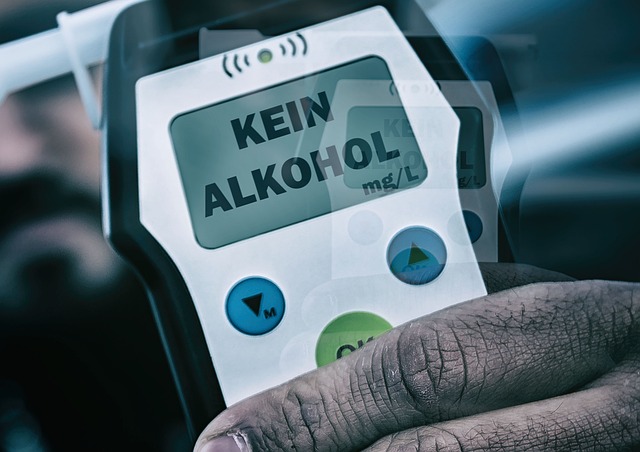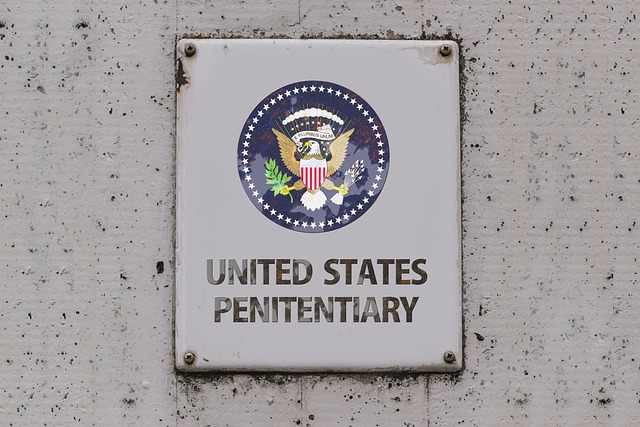Non-citizens with DUI charges face severe immigration consequences, including deportation and visa restrictions, which vary by offense and history. Community service can help mitigate these issues, offering a chance for amends, personal growth, and valuable community connections while navigating complex legal landscapes with specialized attorney assistance.
“In many communities, community service is not just a sentence but a pathway to redemption and rehabilitation. This is especially true for non-citizens facing DUI charges, where the immigration consequences can be severe. This article delves into the intricate relationship between community service and amends, exploring how it mitigates legal repercussions for non-citizens with DUI convictions. We examine the immigration implications, provide a roadmap for navigating legal complexities, and highlight the transformative power of community service in offering second chances.”
- Understanding Immigration Implications of DUI Convictions
- Navigating Legal Consequences for Non-Citizens
- Community Service: Reparation and Second Chances
Understanding Immigration Implications of DUI Convictions

For individuals facing a DUI (Driving Under the Influence) conviction, it’s crucial to understand the potential immigration implications, especially for those who are not citizens or permanent residents. The Immigration Consequences of DUI Convictions can be severe and far-reaching, often impacting an individual’s ability to remain in the country or even re-enter after serving their sentence. These consequences may include deportation, denial of re-entry, and restrictions on future visa applications.
The specific impact depends on various factors such as the severity of the DUI offense, prior criminal history, and the immigrant’s overall immigration status. For non-citizen drivers, the conviction can automatically trigger removal proceedings, leading to deportation if they are not eligible for any forms of legal protection or discretion from immigration authorities. Understanding these potential Immigration Consequences of DUI Convictions is essential for individuals seeking to make amends through community service, as it may influence their future opportunities and rights within the country.
Navigating Legal Consequences for Non-Citizens

Non-citizens facing DUI charges navigate a complex landscape, especially when considering the potential immigration consequences of DUI convictions. The legal repercussions can be severe, as immigration authorities view DUI as a serious offense that may lead to deportation or denial of permanent residency. For those not citizens, these outcomes can have significant impacts, potentially separating them from their families and communities.
Understanding the specific rules and regulations is crucial. Every case is unique, and legal experts advise non-citizens to seek specialized assistance. The immigration consequences of DUI convictions can vary based on factors like the individual’s visa status, the nature of the offense, and prior criminal history. Early intervention and guidance from an attorney familiar with immigration law are essential steps towards mitigating these potential legal repercussions.
Community Service: Reparation and Second Chances

Community service, a restorative practice often ordered as part of sentencing, offers individuals an opportunity for redemption and second chances. For those facing immigration consequences due to DUI convictions, this can be a pivotal step towards repairing not only their legal standing but also their community ties. By dedicating time and effort to help others, participants can demonstrate their commitment to making amends and actively contribute to the very communities they may have affected through their actions.
This approach allows for a more nuanced understanding of DUI cases, especially when considering the life-altering impact they can have on immigrants. It provides a chance for individuals to rebuild trust and show that they are taking responsibility for their mistakes while also gaining valuable skills and connections within their communities. Thus, community service becomes a powerful tool for personal growth and a means to mitigate potential immigration consequences.
Community service offers a path to redemption and repair for individuals facing the immigration consequences of DUI convictions. By dedicating their time and effort to help others, non-citizens can demonstrate their commitment to rehabilitation and potentially mitigate the legal repercussions of their actions. This approach not only benefits the community but also provides an opportunity for personal growth and a second chance at navigating the complexities of the immigration system, especially in light of the significant implications of DUI offenses.






